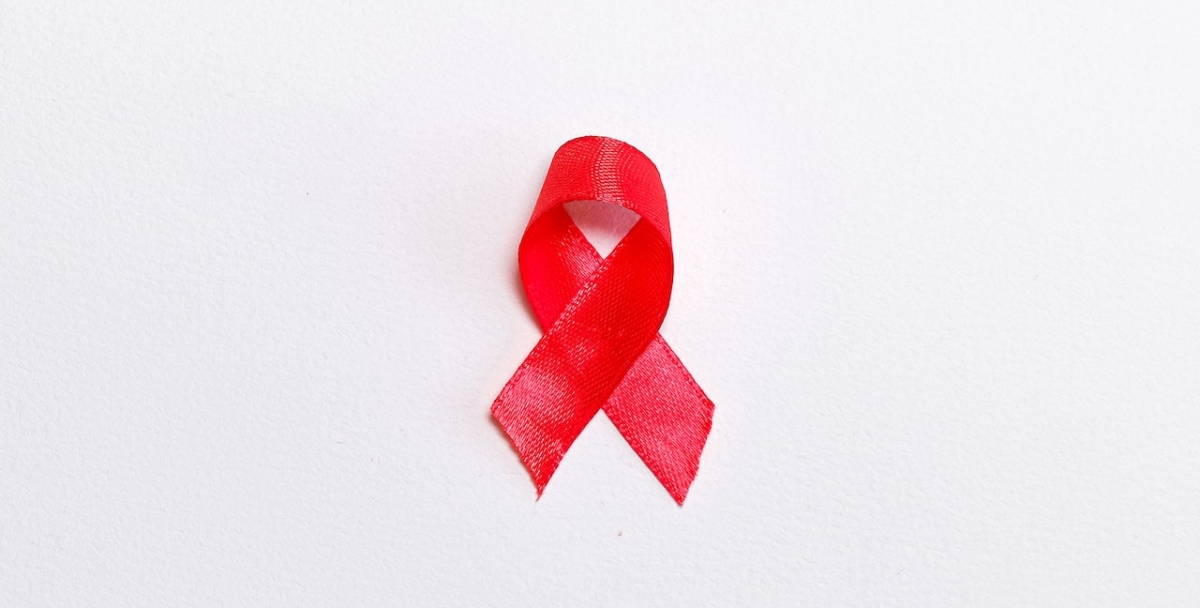
The Chamber of Deputies gave half sanction to the new HIV law with a large majority
Automated Google translation. For article in Spanish, please scroll down.
The initiative was approved with 241 affirmative votes; the project seeks -among other issues- to guarantee universal and free access to treatment for HIV, viral hepatitis, tuberculosis and sexually transmitted infections (STIs)
With a large majority, the Chamber of Deputies today approved the bill that seeks to provide a comprehensive response to HIV , viral hepatitis, tuberculosis and sexually transmitted infections (STIs) . The initiative proposes, as a central axis, universal and free access to the treatment of these diseases, guaranteed by the public health system, social works and private health throughout the country.
The average sanction was achieved with 241 affirmative votes and 8 negative ones. The initiative – the result of the work of different civil society organizations – was promoted by the pro-government deputy Carolina Gaillard and had the support of the entire political spectrum.
The bill, in addition to guaranteeing universal and free access to treatment for HIV, viral hepatitis, tuberculosis and sexually transmitted infections (STIs), proposes that all tests to detect these pathologies should be voluntary, free, confidential and universal. In addition, it promotes the creation of a special retirement regime, of an exceptional nature for those who experience HIV and hepatitis B or C diseases, as well as a non-contributory pension for life, for those who are in a situation of social vulnerability. In this way, those who prove at least ten years since the diagnosis of the disease and twenty years of retirement contributions, can request retirement from the age of 50.
The pro-government parliamentarian Mara Brawer celebrated the half sanction with social organizations. “With the organizations in the street celebrating the half-sanction of the new #HIV , tuberculosis and viral hepatitis law,” she wrote.
For her part, the libertarian deputy Victoria Villaruel was one of the eight people who rejected the initiative . “With Javier Milei we voted not to hold lobbying” , he justified on Twitter, and continued: “Instead of guaranteeing rights, privileges increase, an HIV observatory is created within INADI, that is, we continue with the spending party, payment to the militancy and public office to people like [Victoria] Donda. With my NO vote.
The eight parliamentarians who voted against the project were: José Luis Espert (Liberty Advances), Carolina Píparo (Liberty Advances), Javier Milei (Liberty Advances), Victoria Villarruel (Liberty Advances), Ricardo López Murphy (Together for Change ), Pablo Torello (Together for Change), Paula Omodeo (Together for Change) and Francisco Sánchez (Together for Change).
The project that now awaits its session in the Senate of the Nation also promotes training, research, the dissemination of massive campaigns, and the formation of a National Commission for HIV, Viral Hepatitis, other STIs and Tuberculosis , integrated interministerially and intersectoral by representatives of state agencies, scientific societies, civil society organizations working on these pathologies, whose integration must be determined by regulation, guaranteeing federal and gender representation; and a National Observatory on Stigma and Discrimination, in order to make visible, document, dissuade and eradicate the violations of the human rights of the affected people.
La Cámara de Diputados le dio media sanción a la nueva ley de VIH con amplia mayoría







